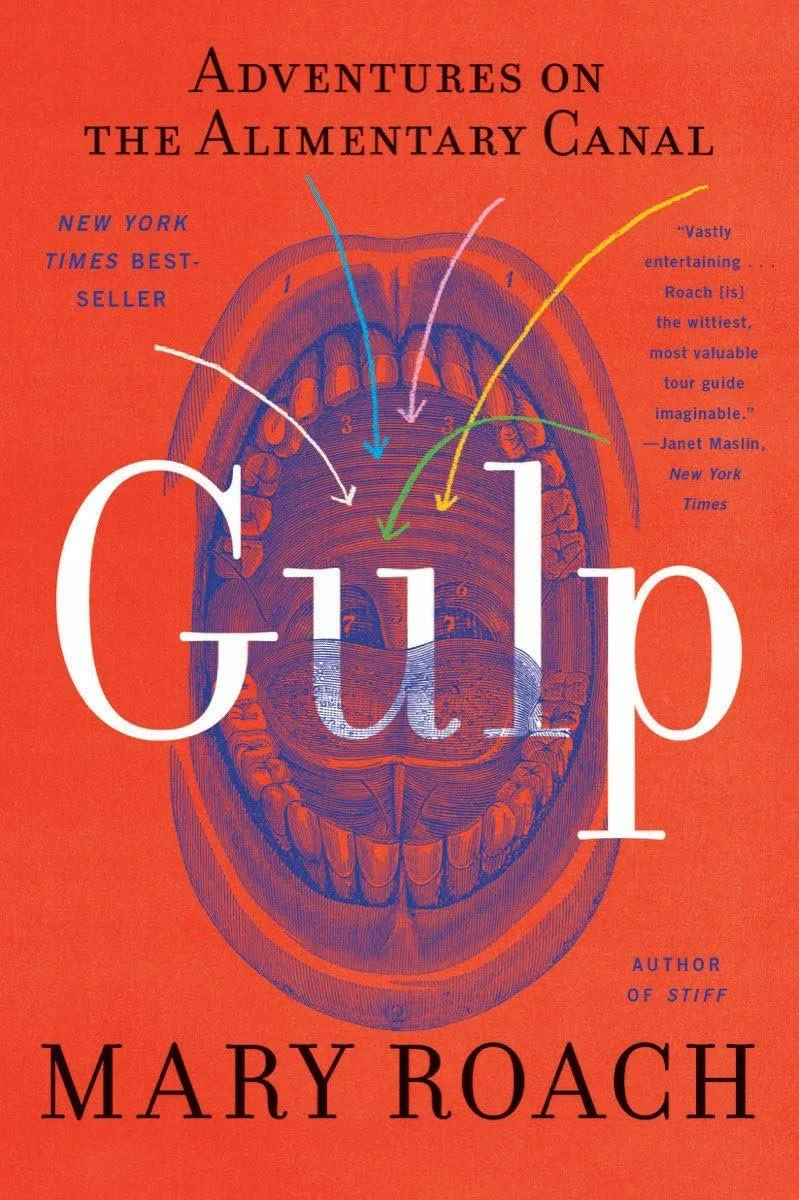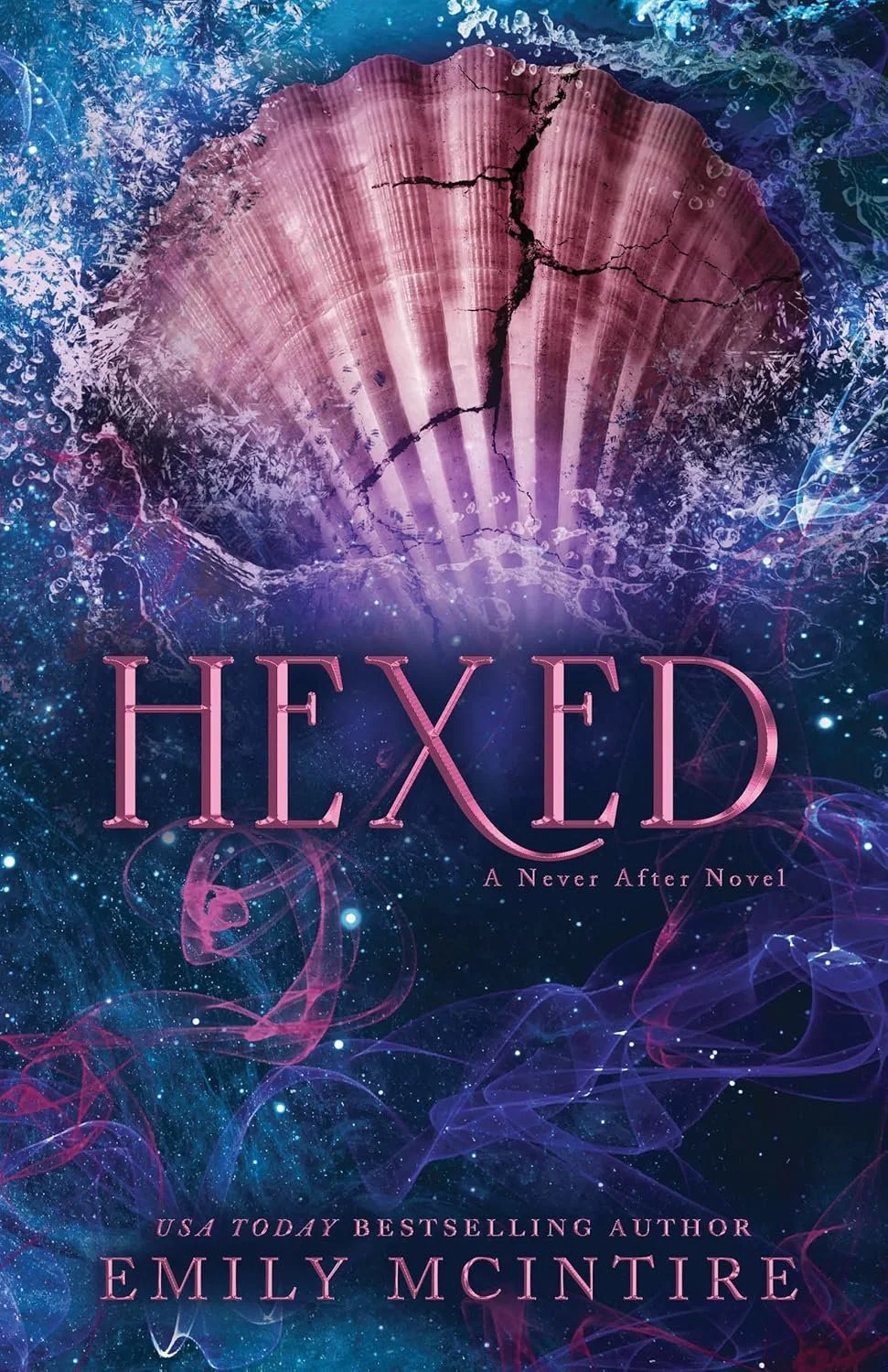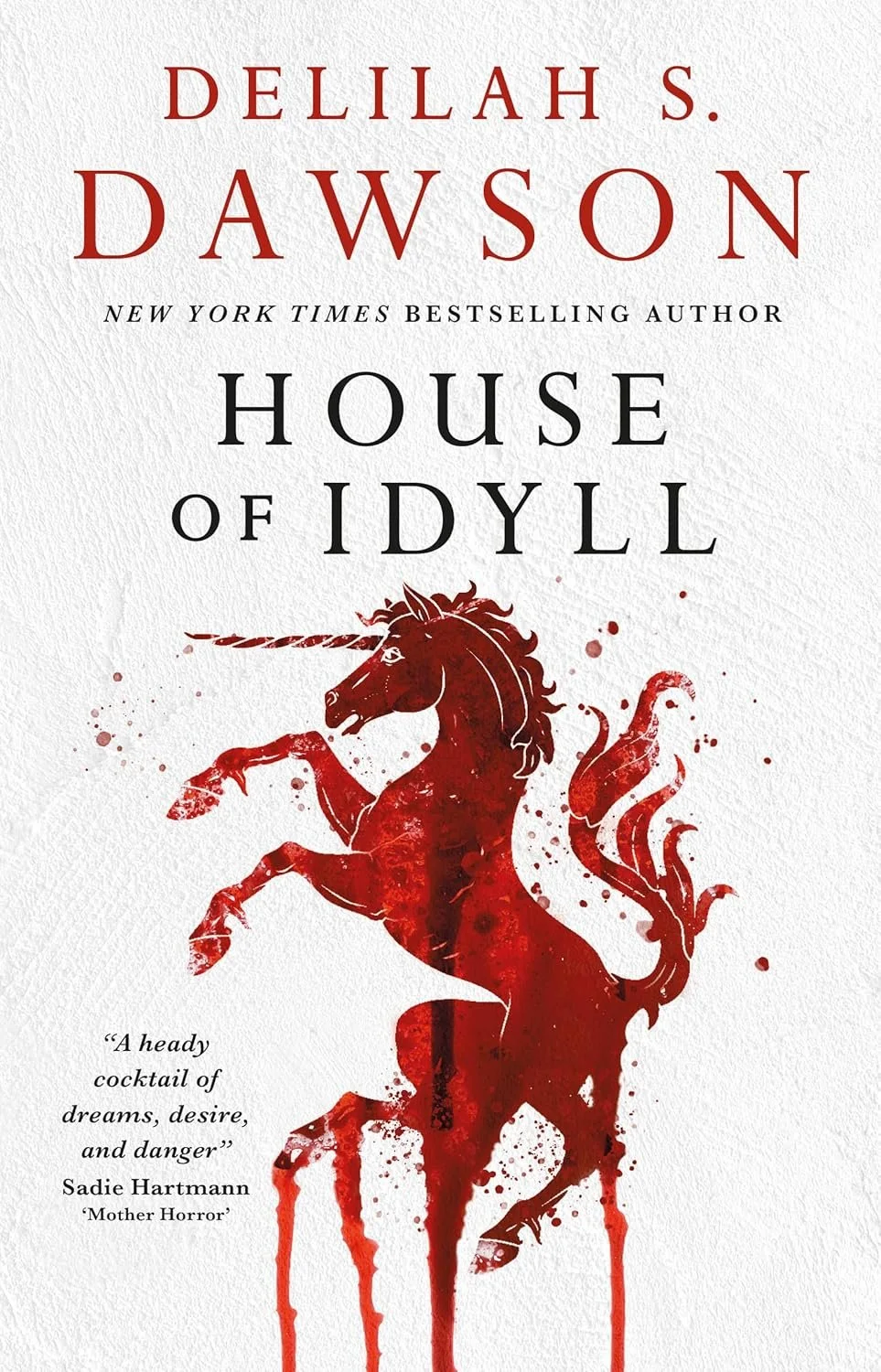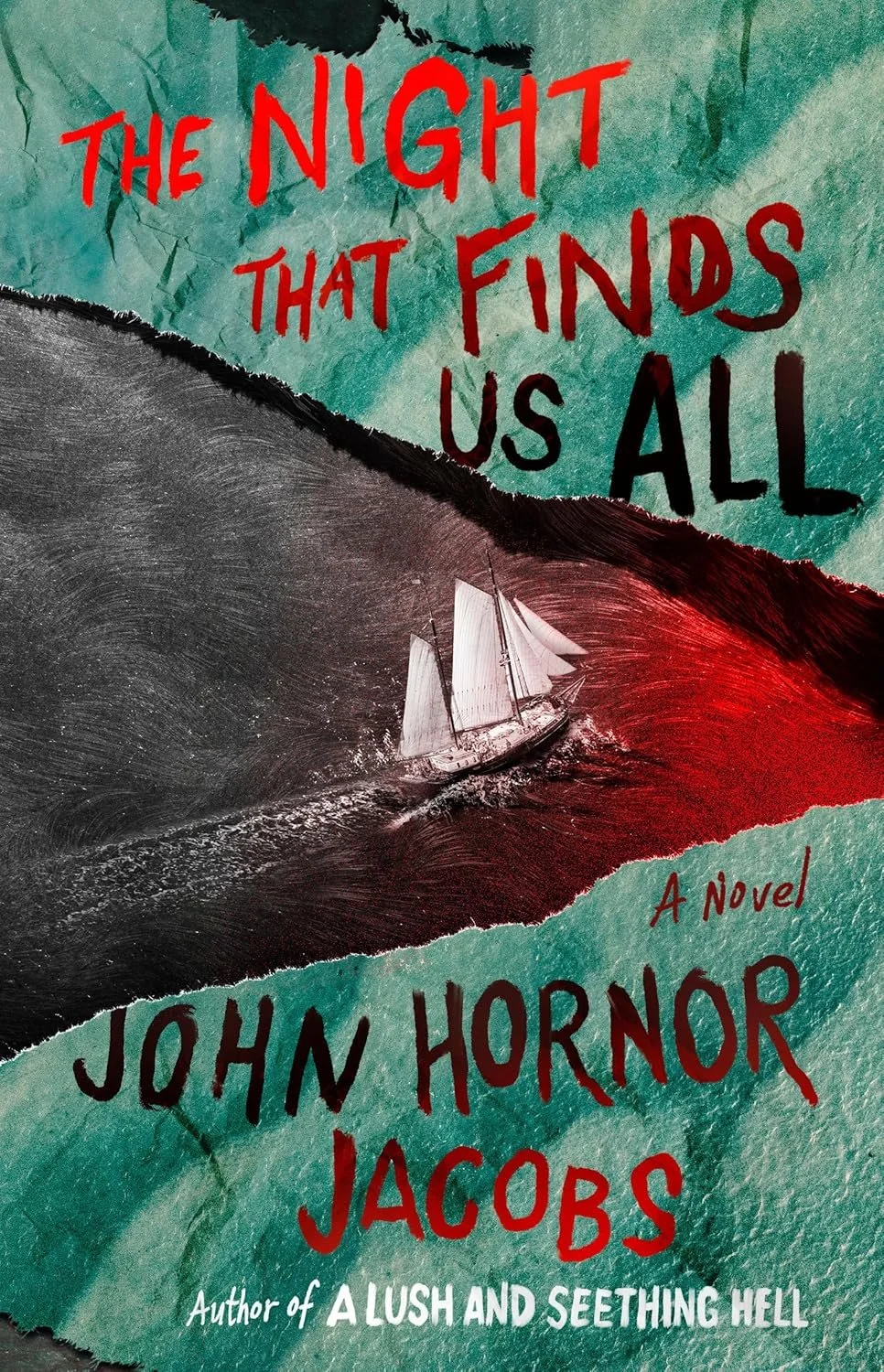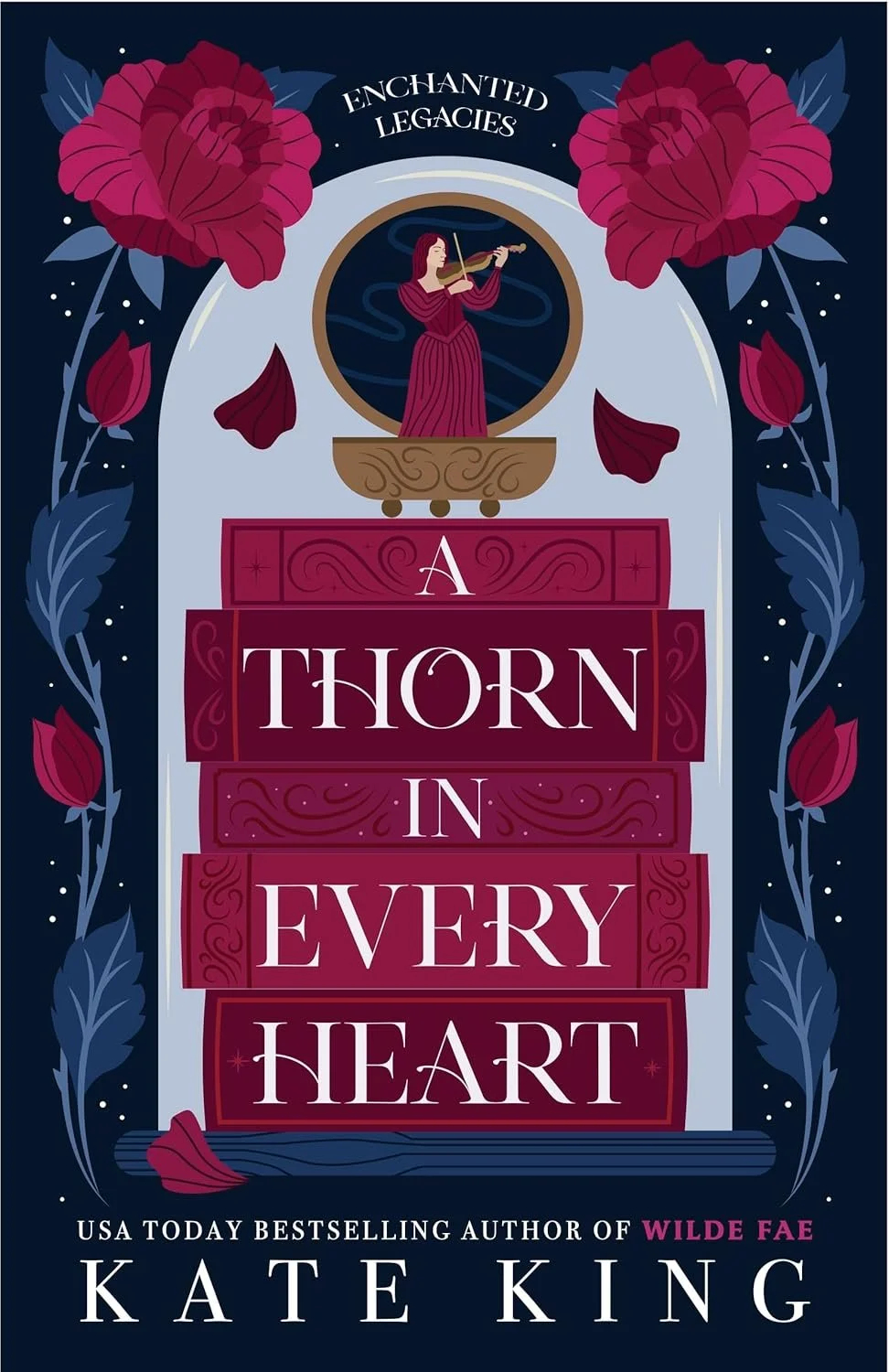Title: Recipe for a Perfect Wife
Author: Karma Brown
Publisher: Dutton 2019
Genre: Fiction
Pages: 336
Rating: 2/5 stars
Reading Challenges:
When Alice Hale leaves a career in publicity to become a writer and follows her husband to the New York suburbs, she is unaccustomed to filling her days alone in a big, empty house. But when she finds a vintage cookbook buried in a box in the old home's basement, she becomes captivated by the cookbook’s previous owner—1950s housewife Nellie Murdoch. As Alice cooks her way through the past, she realizes that within the cookbook’s pages Nellie left clues about her life—including a mysterious series of unsent letters penned to her mother.
Soon Alice learns that while baked Alaska and meatloaf five ways may seem harmless, Nellie's secrets may have been anything but. When Alice uncovers a more sinister—even dangerous—side to Nellie’s marriage, and has become increasingly dissatisfied with the mounting pressures in her own relationship, she begins to take control of her life and protect herself with a few secrets of her own.
I finished this novel and absolutely groaned in disgust. I couldn’t believe that I wasted all that time reading the book. But let’s back up. I was concerned in just the first two chapters. I was making predictions as to where the story would go. I was right about Nellie’s story. But I actually liked reading Nellie’s story. I thought it was an interesting look at an abusive relationship in the 1950s. We get to see how she attempts to navigate her world. And I fairly satisfied about the ending of her story. Unfortunately, I absolutely detested Alice’s story. I kept thinking that we were supposed to find parallels between Nellie and Alice and their relationships. However, the two women went about life very differently. While Nellie found herself in an impossible situation, Alice’s bad behavior just escalated over the course of the novel. I really liked Nate and kept rooting for him to see how terrible Alice was and leave her. She was a terrible partner to him but kept stringing him along. By the end, I was completely confused as to the message of the book. Should we show sympathy to Alice as a women “stuck” in a bad marriage (she wasn’t and I didn’t)? Should we see a turning of the tables in terms of gender roles and who was initiated the abuse? If so, that’s a terrible thing to aspire to and obviously this book is a warning. Either way, it wasn’t clear what the author was actually getting at and I ended up really disliking the book.
Next up on the TBR pile:

